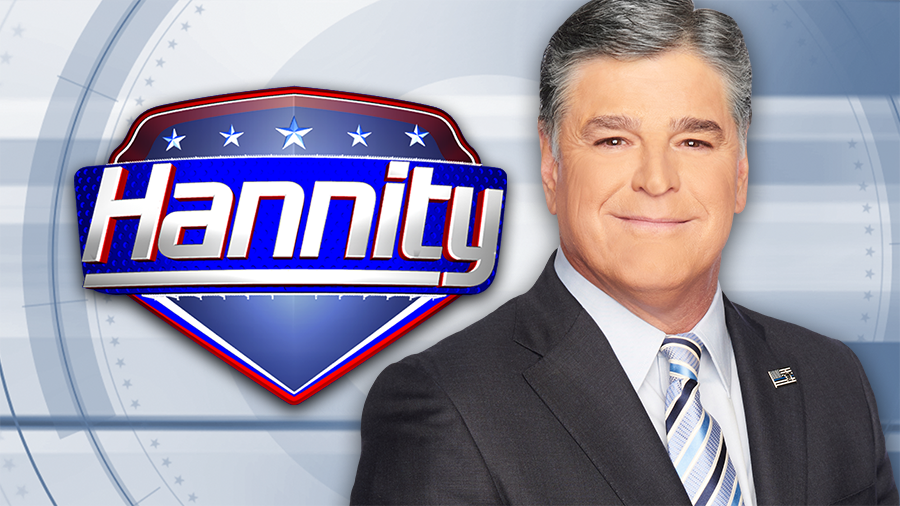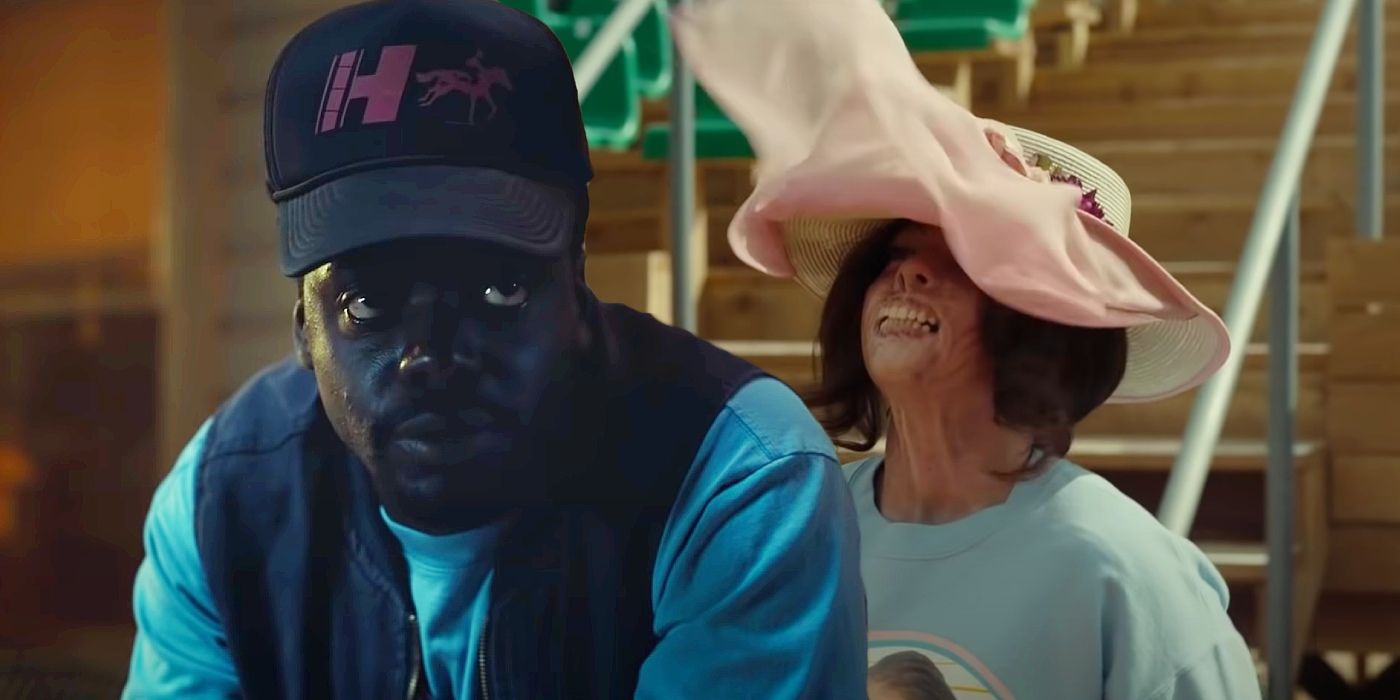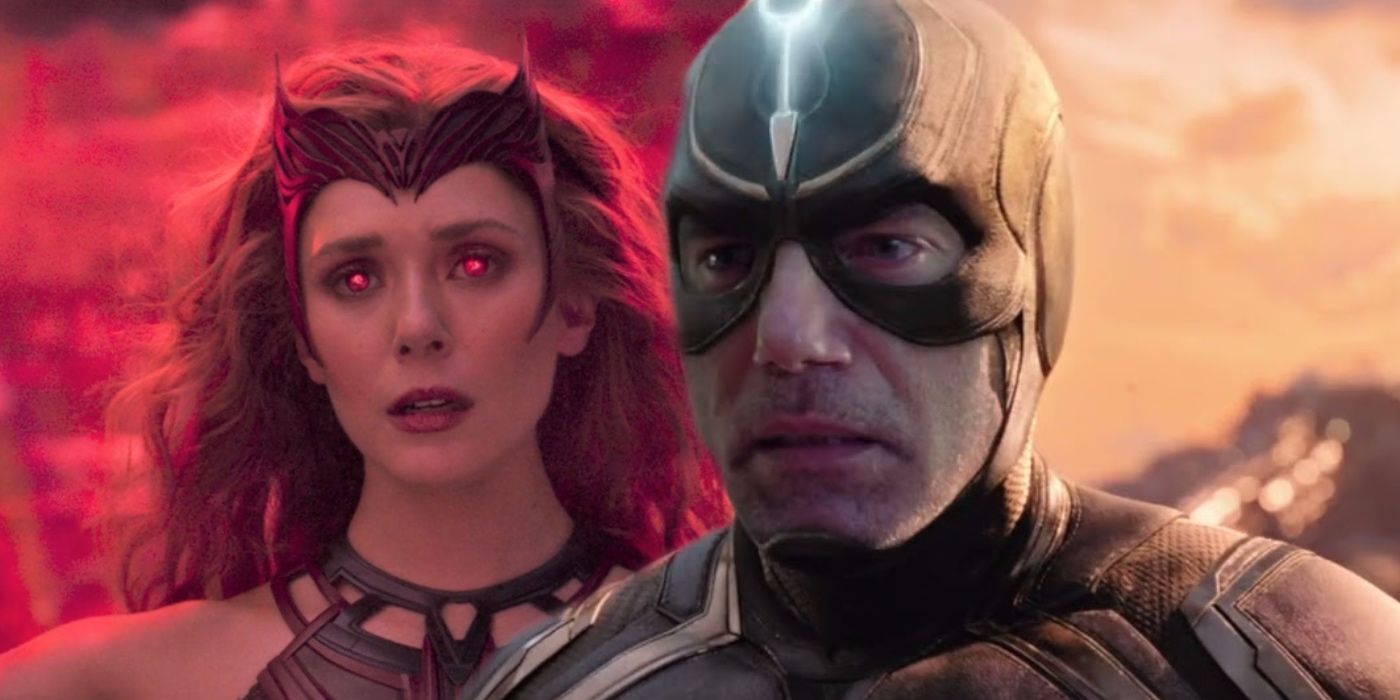The “USS Indianapolis” speech impeccably delivered by the legendary Robert Shaw in Jaws is regarded as one of the finest monologues in motion picture history. However, the debate over just who wrote the moment creates some murky waters.
In the blockbuster film helmed by then-budding director Steven Spielberg, which swam into theaters 47 years ago today, Shaw’s Quint reveals to Martin Brody (Roy Scheider) and Matt Hooper (Richard Dreyfuss) that he is one of the 316 survivors of the actual World War II USS Indianapolis disaster. The Indianapolis sank in July 1945 after being torpedoed by an Imperial Japanese Navy submarine during the Indianapolis’ top-secret mission to deliver atomic bomb components.
There seems to be no debate that it was the late Howard Sackler who conceived (in an uncredited script re-work) the “Indianapolis” moment, which when he penned it was only two paragraphs, Spielberg explained previously in a making-of featurette. The director recognized that the moment, if done right, could be an extraordinary character study of Quint and a pivotal moment in the film.
And thus begins the debate.
In the featurette, Spielberg said he asked John Milius, who contributed dialogue polishes, to take a crack at the speech as it needed to be beefed up in order for him to capture the moment as he saw it in his mind’s eye.
Milius is said to have dictated the speech “over the phone” which resulted in a 10-page monologue, “which basically is very close to what’s in the movie,” Spielberg said, adding that Shaw took the beast of a speech and cut it in half. “It’s Milius’ words, and it’s Shaw’s editing,” the director said in the featurette.
It would appear the matter is cut and dry — except Jaws co-screenwriter Carl Gottlieb has taken issue with the Milius version of the production lore.
In a previous interview with The Writer’s Guild Foundation (watch, below), Gottlieb contended that it was actually Shaw who wrote the “USS Indianapolis” speech and that Milius had been given undue credit over the years thanks to his friendship with Spielberg.
Gottlieb claimed that Sackler’s speech was two pages — not two paragraphs — and that Spielberg asked a number of his pals, including Robert Zemeckis and Bob Gale (who would both go on to create Back to the Future), to take a crack at beefing up and honing the speech. He admitted Milius was also asked to be involved.
“Somehow, the mythology was that Milius wrote that speech, but there were 10 versions of that speech, including my own,” Gottlieb said. “We gave them to Robert Shaw.” Gottlieb noted Shaw, at the point in his career, had already written a few novels and the play, The Man in the Glass Booth, (for which Gottlieb inaccurately states Shaw won a Pulitzer.)
“So, [Shaw] took it all, synthesized it. And one night while we are all at dinner … he came in with a handful of paper and said, ‘I think I have the pesky speech licked,’” Gottlieb recalled. “And he basically performed it for the table. And we all went, ‘Wow.’ And Steven said, ‘That’s what we’re shooting.’”
Frustrated with the mythologized “rumor,” Gottlieb said he looked back at the production logs and the line script to push back on the tale that the speech was written by Milius at the last minute and delivered over the phone.
Gottlieb said he was not on the alleged speech dictation call, but he was on a call days prior, along with Milius, discussing the speech. “I kept very careful notes because I was anticipating an arbitration on that script,” Gottlieb said, adding some time elements of the alleged dictation call didn’t add up, in his opinion.
“Shaw had read us the screen version days earlier. So, ultimately, who do you decide to believe, the guy who wasn’t there who claims to have written it or the guy who was there and says he didn’t?” Gottlieb asked. “I could have easily said it was my speech. It was not my speech. Robert Shaw did that. Unfortunately, because John and Steven are close friends, Steven has always supported Milius’ version, which in my estimation, is false.”



























































